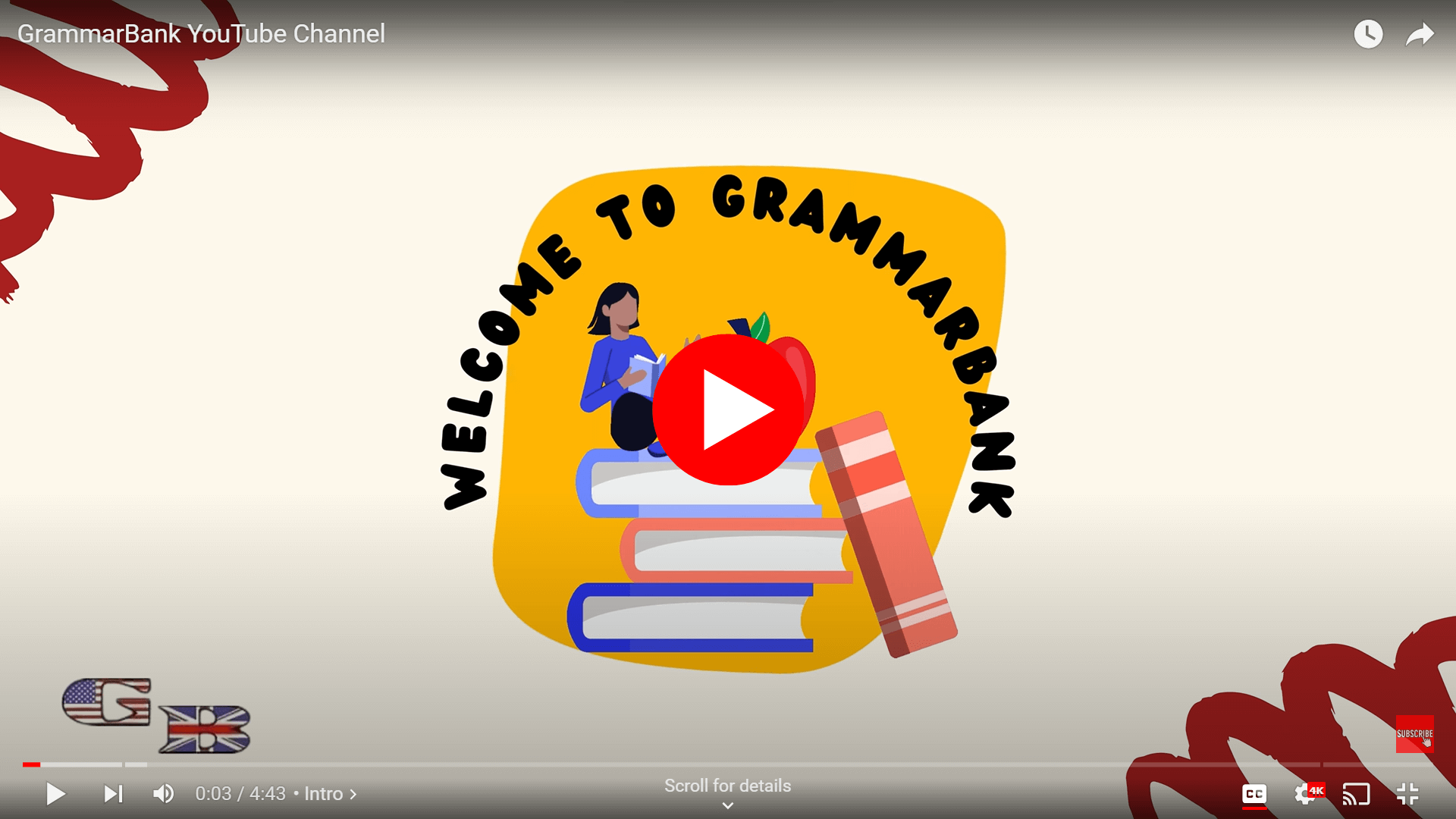Essay Thesis Statement
What is a Thesis Statement
It is a statement that presents an idea:
It is the unifying idea that lays the foundation for the rest of the paper. It is the reason you are writing and thus the most important part of your paper!
It is a proposition that one attempts to support and ultimately prove in the paper. It is the main tool by which one can affect and influence an audience.
It is a statement that presents an idea:
It is the unifying idea that lays the foundation for the rest of the paper. It is the reason you are writing and thus the most important part of your paper!
It is a proposition that one attempts to support and ultimately prove in the paper. It is the main tool by which one can affect and influence an audience.
What Does It Consist Of?
A successful thesis should contain:
• Your topic
• Your point of view on that topic
• Some supporting reasons for that view
• The significance of your topic and point of view
Criteria for a Successful Thesis
A thesis should:
• Be open to debate
• Contain an active verb
• Have a concrete and specific subject and verb
• Focus on a topic precisely
• Give an overview of the subject
• Be unified; all parts must relate to each other
A thesis should not:
• Be just a simple sentence
• Be a question
• Be too broad; just an assertion of one idea
How To Get Started Writing Your Thesis
After deciding on a topic, spend some time thinking about and free writing on these questions:
• How do I feel about this topic?
• Why is it important to me? Why do I care about it?
•Why do I have this opinion? Where did it come from?
• What is the relevance of the topic and my opinion?
• Why should the audience care?
From the answers to these questions, pull out some ideas that will develop into your Rough Draft Thesis (yes, you have to have a rough draft thesis, too!).
How Does My Thesis Statement Relate to the Rest of My Paper?
Your thesis is the foundation of your paper. To write a successful paper, you must write your entire paper with your thesis in mind. This includes referring to your thesis in the body and conclusion.
If you do this, the reader can stay on track and focus on your points. This prevents confusion and keeps your message clear. However, you must be careful not to make your paper sound boring or repetitive.
Continually ask yourself these questions to keep yourself on the right track:
• How does this word / sentence / paragraph relate to my thesis?
• How does it support and strengthen my thesis?
So, What's the Point?
The point of writing is to impress some idea on your audience in order to influence them somehow. That idea is your thesis. It is the key to writing a successful paper because if is the key to unlocking the reader's interest. Your thesis must be interesting. It must somehow attract the audience to read on. This will give you an opportunity to explain your idea and possibly influence the audience. That's the point!
Types of Thesis Statements
You must make sure that the form of your thesis matches the form of your paper. Everything covered so far applies to all thesis statements, but on the next page are some guidelines for thesis development depending on the type of paper. See Types of Papers.
At what point in the writing process do I write my Thesis?
Do not start with writing down a solid and immobile thesis. Don't be afraid to change it as you develop the paper. After you have decided on your topic, you would begin with doing some basic prewriting exercises, (Brainstorming, Free-writing, Mapping, Outlining etc.) From these, you can begin to develop a rough draft thesis. Be sure to keep your thesis open to change as you will learn and gain more information as you work through your paper.
Where does the thesis go in the paper?
This can depend on the paper, but usually the thesis is placed in the introductory paragraph. Very often it is found in the last sentence of your introductory paragraph; however, as you develop as a writer, you may decide that it is more effective elsewhere in the introduction. Sometimes the thesis may be placed at the end of the paper in the conclusion. This may be effective in an argumentative essay or an I-Search paper. It may also be eliminated entirely and instead suggested or implied. This can be extremely effective in professional writing and is often necessary in creative writing.





Comments